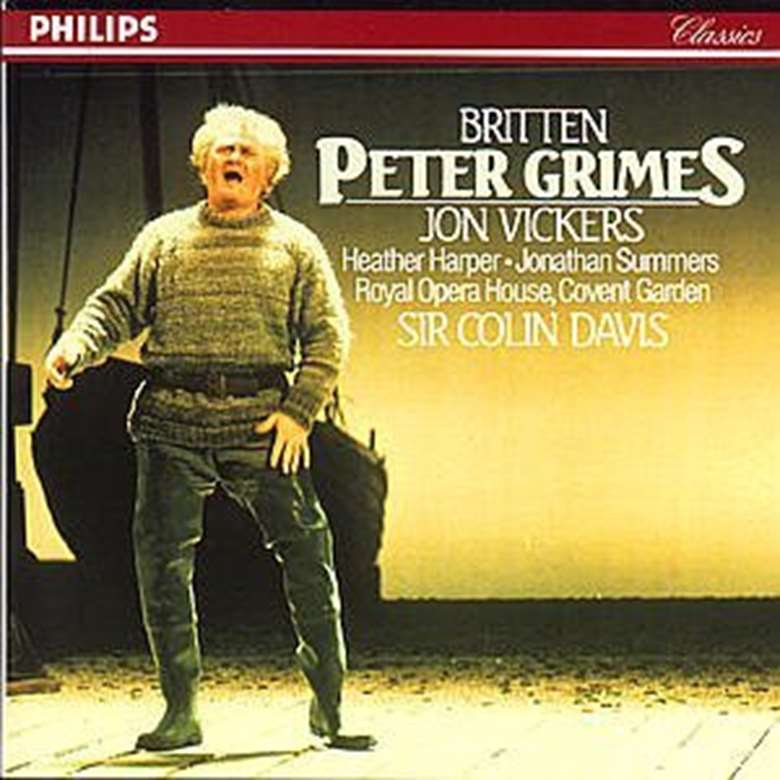The Canadian tenor Jon Vickers has died
James Jolly
Sunday, July 12, 2015
Born October 29, 1926; died July 10, 2015

Register now to continue reading
Thanks for exploring the Gramophone website. Sign up for a free account today to enjoy the following benefits:
- Free access to 3 subscriber-only articles per month
- Unlimited access to our news, podcasts and awards pages
- Free weekly email newsletter







